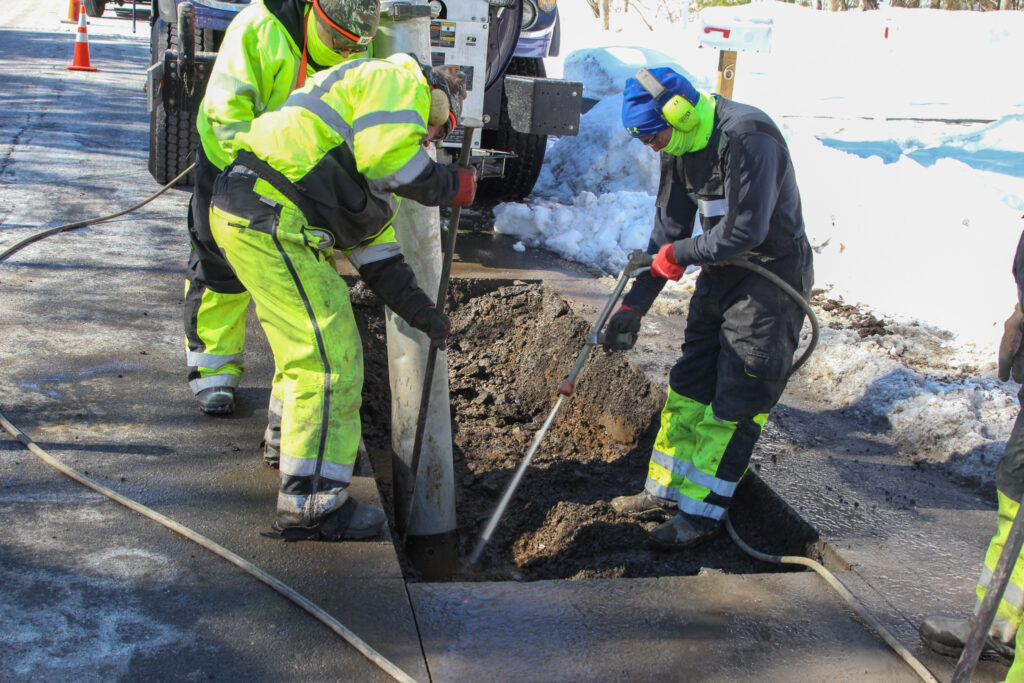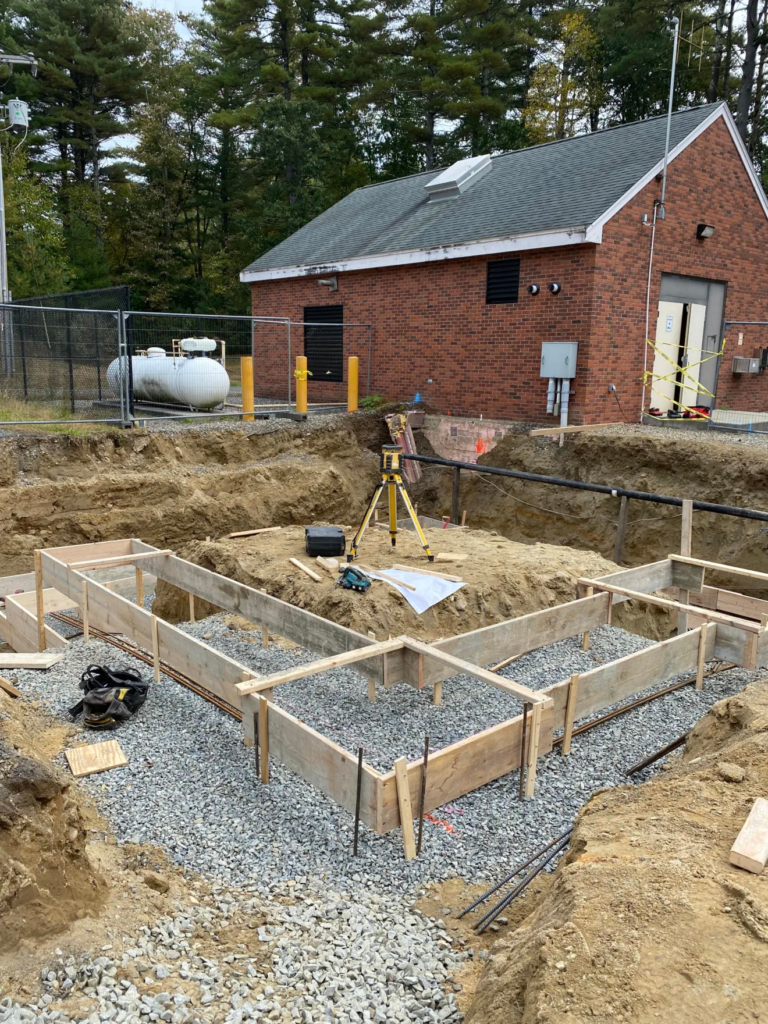The Select Board at its meeting Tuesday night heard the Sustainable Green Committee’s annual year-end report, which showed that greenhouse gas emissions decreased slightly between 2017 and 2021 despite the town’s growing population and concerning temperature shifts.
“My job is to scare the bejesus out of everybody,” joked Amy Groves, the Sustainable Green Committee vice chair, as she opened a group presentation.
One factor she pointed out is that Hopkinton’s projected average annual temperature is expected to soar from about 55 degrees in 2030 to about 63 degrees in 2090. While this increase may not seem significant, Groves noted that the rise in temperature would increase the number of 90-degree days. The change potentially triggers health risks for older residents and those with breathing difficulties and threatens the ecological ecosystem. The impact of this heat also affects schoolchildren, as some schools do not have air conditioning. By 2090, the median number of expected 90-degree days is 70; the maximum number approaches 100.
As a result, the number of colder days will go down. Some cold weather, including occasional freezing temperatures, helps to regulate the water cycle, replenish soil nutrients and control pests. Flooding, which has increased in recent years, is expected to become more common.
Added Groves: “Flooding is already our biggest natural climate problem in Massachusetts.”
Some effects of climate change already can be seen in Hopkinton, from the decaying sugar maples to the growth of algal blooms that make the town’s lakes unsafe for swimming. Groves noted that dogs could die from drinking this water. Rising utility costs are impacting the local economy and can be daunting for residents who want to remain in Hopkinton.
Committee chair Geoff Rowland stressed that the climate has substantially changed in recent decades and will be even more challenging for future generations if mitigating actions are not taken. The climate action plan encourages installing heat pumps and solar panels, switching to electric vehicles, partnering with businesses to reduce carbon emissions, and adopting a municipal aggregation plan.
Community engagement has made residents more aware of the benefits of sustainable living, he noted. Town Meeting passed a net zero resolution. The town recently was awarded a $35,000 grant from the Metropolitan Area Planning Council’s Accelerating Climate Resiliency grant program. Julia Chun, the town’s sustainability, economic development and equity project manager, applied for this funding. She noted that residents and business owners “need to become stewards in this process.”
This year, Rowland said the focus will be using that grant to host climate action plan community engagement events and to deliver a consumer-friendly version of a climate action plan. A municipal aggregation plan already has been submitted to the state. At Annual Town Meeting, a specialized building energy code article will be reintroduced after failing at November’s Special Town Meeting. Its passage would allow Hopkinton to become a “climate leader community,” Chun said, making the town eligible for more grants.
Select Board vice chair Shahidul Mannan asked about efforts to partner with neighboring towns “in building a larger voice.” Rowland replied that the committee and Chun have been “building the network” with several communities, particularly Westborough.
Town Clerk questions article on voting policy change
Town Clerk Connor Degan questioned why his office, which oversees elections, was not consulted before an Annual Town Meeting article was drafted that would change town election policy to include residents living here on H1-B visas. They were referred to in the draft article as “lawful permanent residents.” He surmised that the article was drafted after publication of a newspaper article in the Independent on the topic in November.
Annual Town Meeting is scheduled for May 6.
“I was disappointed to see that we’re talking about a major local election reform without any consultation to the election office here in the town,” he said. He noted that the only Select Board member who spoke with him about it was Mary Jo LaFreniere.
Degan added that there hasn’t been “due diligence” in preparing a timeline for such a sweeping change. His department would need at least one additional staff member to implement it. He advised the Select Board to “take a step back” and review the process.
There is an additional challenge because the voters with H1-B visas would not be eligible to vote in state and federal elections if such an article were passed. New voter tracking methods would likely need to be implemented, Degan noted, an additional expense for the town.
Later in the meeting, the board had a brief discussion on this draft article. Chair Muriel Kramer noted that these residents pay taxes and have children in the schools. LaFreniere made it clear she did not support the article.
Said LaFreniere: “I think you should be a citizen if you’re going to make decisions about what happens in this country.”
New employees, Hopkinton Historic Commission member appointed
The Select Board appointed two new employees and a new member of the Hopkinton Historic District Commission in respective 4-0 votes.
Theodore Gutwill was appointed as a per diem emergency dispatcher, while Samantha Polk was named the new administrative assistant for the Finance Department.
Daniele Pepin will serve the remainder of a term on the Hopkinton Historic District Commission with a term ending on June 30, 2025, previously held by Suzanne Green. Pepin was nominated by the Board of Realtors.




















0 Comments